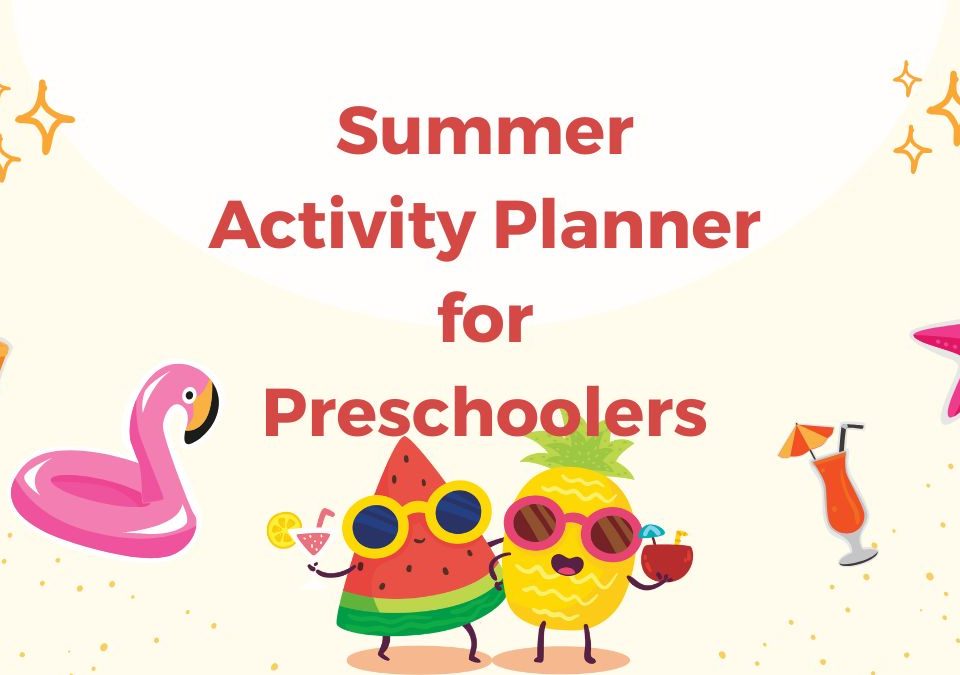
Is She Tired?

9 Play ideas to get your 0-12 month old moving

Table of Contents
Stay-at-Home Parent Tips
Being a stay-at-home parent caring for your baby can sometimes feel long and overwhelming. The routine can be frustrating when days blend into one another without clear milestones. But there are many practical ways to make your day feel productive and fulfilling while supporting your child’s development.
I was a stay-at-home mom between 2006 and 2010, first caring for my daughter and then my daughter and two sons until my daughter started nursery. I’ve learned that a little planning and creativity can make all the difference in enjoying and making the most of your time at home with your little ones.
Why Stay-at-Home Parenting Is a Full-Time Job
It’s important to remember that stay-at-home parenting is just as demanding as any career. You are not “just” at home—you’re managing a child’s learning, emotional well-being, health, and safety every day. Recognising the value of your role helps shift the mindset from frustration to accomplishment.
Engage Your Baby with Reading and Storytelling
Reading with your baby or toddler is one of the most valuable activities you can do together. Even very young babies benefit from hearing your voice, seeing pictures, and exploring tactile books with different textures or flaps. These early experiences build language skills and curiosity.
Make weekly trips to your local library to enjoy storytime sessions and explore new books. This also adds variety to your routine and gives your child social interaction opportunities.
Fun with Sensory and Water Play
Water play is a favourite activity for many toddlers. Consider a morning playtime bath where your child can splash with cups, bowls, or containers. Add bubbles, food-safe colourants, jelly cubes, or ice cubes to create sensory experiences that stimulate curiosity and fine motor skills.
Sensory play is also easy to do outside the bath with materials like rice, cooked spaghetti, or cornstarch batter that changes texture when mixed with water. Sensory activities support cognitive and emotional development by engaging your child’s senses.
Take Advantage of Local Baby and Toddler Groups
Look for baby massage classes, music groups, soft play centres, or art sessions nearby. These activities encourage your baby to learn new skills and interact with others while giving you a chance to meet other parents and take a breather from home life.
Dance, Sing, and Move Together
Music and movement are great ways to bond and support early development. Babies love action songs and rhymes — sing along, dance, and use simple instruments like shakers or tambourines. This encourages language skills, coordination, and joy.
Encourage Messy Play with Food
Once your baby starts solids, introduce fun and messy play with food. Pour yoghurt or custard into a tray and hide bits of fruit, like a banana or a strawberry, for your baby to discover by touch and taste. This hands-on approach encourages sensory exploration and can help introduce new flavours.
Other great foods for play include chopped spaghetti, grated vegetables, rice, or mashed potatoes mixed with peas or corn. Messy play also teaches cause and effect and fine motor skills.
Everyday Moments Can Be Playtime
You don’t need elaborate plans every day. Babies find simple household activities fascinating — watching you fold laundry, vacuum, or make the bed can be entertaining and provide sensory stimulation.
Final Thoughts for Stay-at-Home Parents
If you’re feeling overwhelmed or stuck in a routine, remember that your role is valuable and impactful. By incorporating reading, sensory play, social activities, and music into your day, you’re not only making your time more enjoyable but also supporting your child’s growth and development.
Every day may not be perfect, but small, consistent efforts add up. Your presence and engagement are the foundation for your child’s future learning and well-being.

I am a preschool and primary school teacher and mum to 3 children. I have been involved in education since 1997 and have trained in a variety of educational specialist areas. It is with this expertise that I write articles to help parents and educators provide quality learning experiences for the children in their care.




